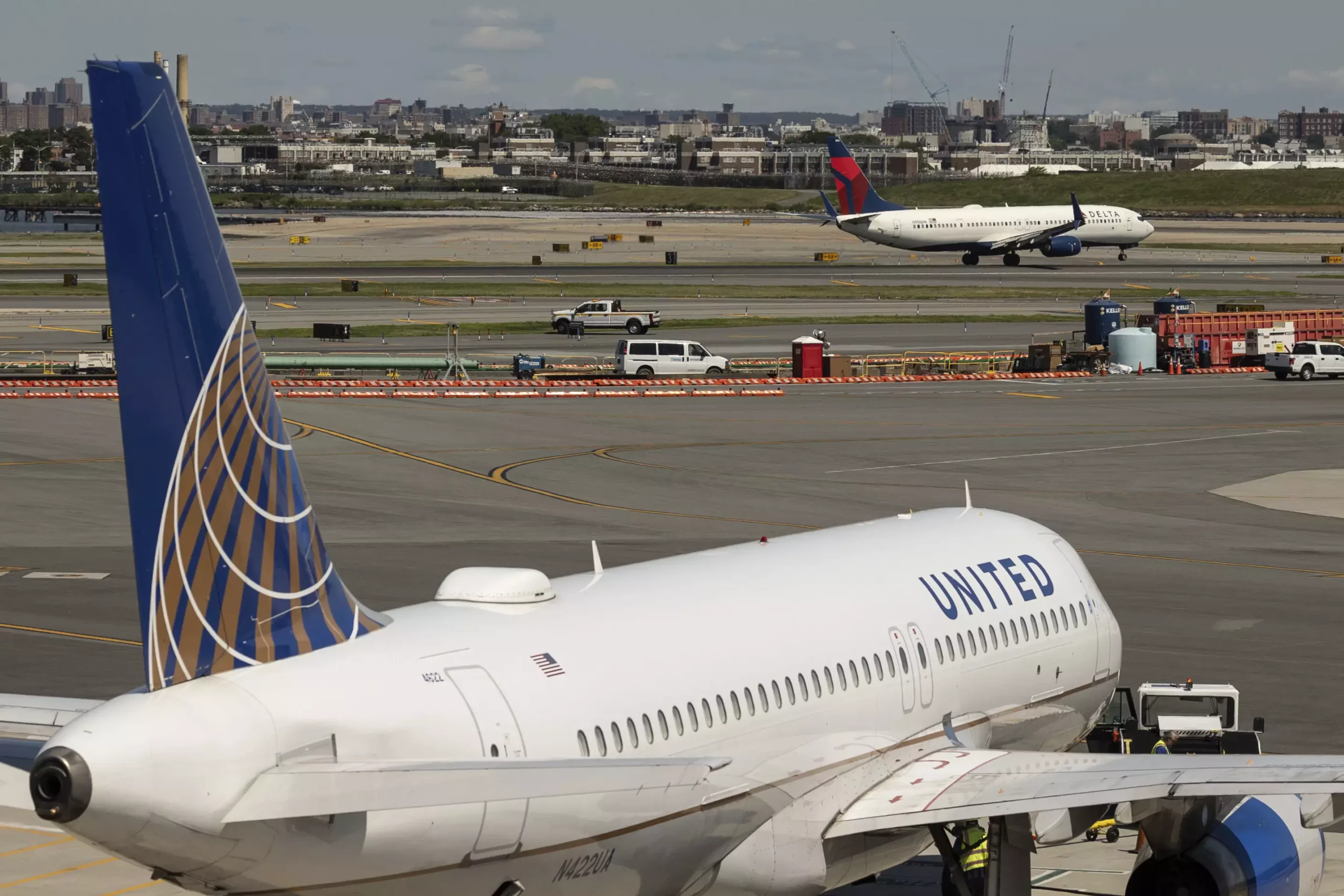Delta Air Lines recently faced a major crisis when a faulty software update caused widespread technological disruptions, resulting in the grounding of several flights. With total cancellations exceeding 1,400 within, into, or out of the U.S., it is evident that the airline struggled to restore its operations promptly. This incident sheds light on the critical role of technology in the aviation industry and the severe consequences of system failures.
Delta’s Chief Executive, Ed Bastian, acknowledged the challenges faced by the airline in addressing the flight cancellations and disruptions. Despite offering waivers to affected customers, the magnitude of the issue, exacerbated by the busy summer travel weekend, made it difficult for Delta to re-accommodate passengers efficiently. The airline’s crew tracking-related tool failure further complicated the situation, highlighting the interconnected nature of airline operations and the need for robust technological infrastructure.
Transportation Secretary Pete Buttigieg intervened in the matter by emphasizing Delta’s obligation to provide refunds to passengers affected by the cancellations. The Department of Transportation’s directive for prompt refunds, free rebooking, and timely reimbursements for impacted consumers underscores the importance of upholding customer rights and ensuring adequate assistance during travel disruptions. Buttigieg’s stance against passenger inconvenience reflects a commitment to holding airlines accountable for service quality and responsiveness in crisis scenarios.
The Delta Airlines incident serves as a cautionary tale for the aviation industry, highlighting the vulnerability of complex technological systems and the cascading effects of software glitches. As airlines increasingly rely on digital tools for flight management and customer service, the imperative of robust testing, contingency planning, and swift response protocols becomes apparent. By learning from this experience, Delta and other airlines can strengthen their technological resilience, enhance customer communication, and minimize the impact of future disruptions.
The technological havoc experienced by Delta Air Lines underscores the critical importance of reliable systems, effective crisis management, and customer-centric policies in the aviation sector. By addressing the root causes of the software glitch, improving operational agility, and prioritizing passenger welfare, airlines can navigate challenges more effectively and maintain trust in their services. The Delta incident should serve as a wake-up call for the industry to invest in technology, training, and customer support to ensure seamless operations and exceptional travel experiences.


Leave a Reply